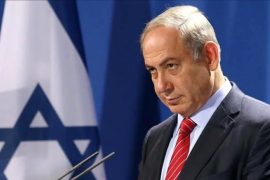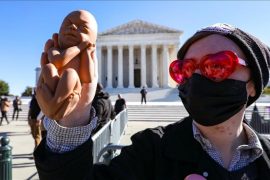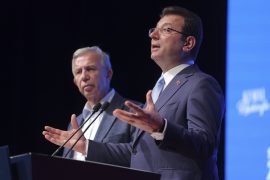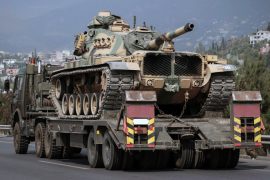Law and Human Rights
Law and Human Rights
Religion
Religion
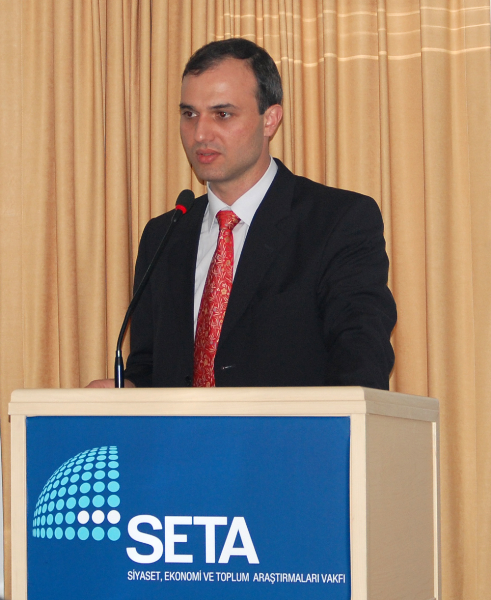
Secularism and State Policies toward Religion: The United States, France, and Turkey
| Domestic PolicySETA PUBLIC LECTURE Ahmet Kuru Assistant Professor of Political Science, San Diego State University Date: June 3, 2010 Thursday Time: 16.00 – 18.00 Venue: SETA, Ankara
-
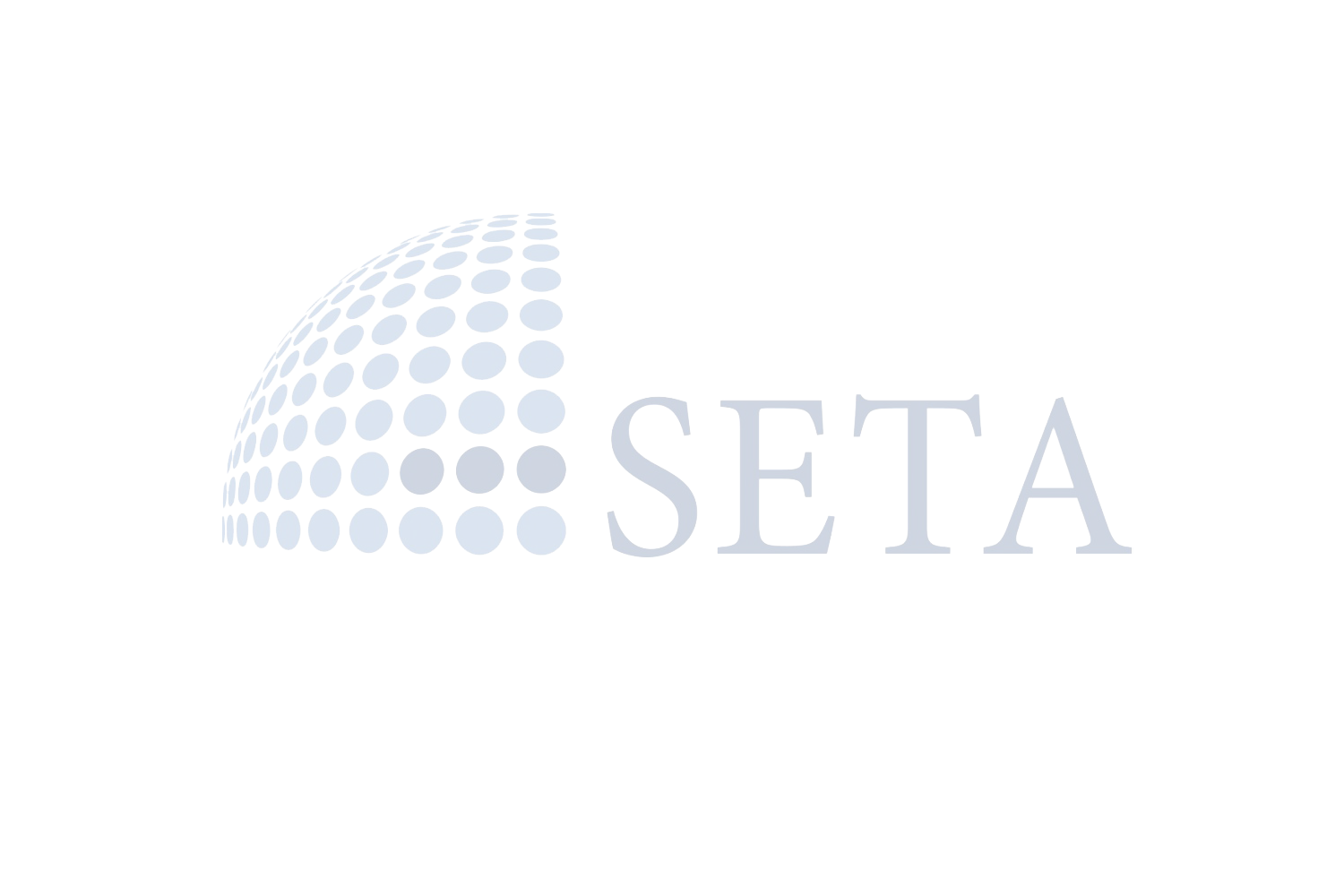 Domestic Policy
Domestic PolicyTalking About Religion in Turkey
By Ibrahim KalinWho talks about religion in Turkey? And how do they talk about it? We took up these two questions on the state-owned TRT 1 station last week.
-
 Domestic Policy
Domestic PolicyReligion in the 21st Century
SETA CONFERENCE By Oliver Leaman University of Kentucky Felsefe Bölümü Öğretim Üyesi Date: November 28, 2006 Tuesday Time: 16.00 - 18.00 Venue: SETA Foundation, Ankara
-
 Domestic Policy
Domestic PolicyUnderstanding State, Society and Religion in Turkey (II)
By Talip KüçükcanTurkey has a unique experience in state formation, in formulating state-religion relations, but some painful periods in its history regarding democratization. The military intervention on Sept. 12, 1980 suspended Turkey's fragile democracy and caused a breakdown in party politics by banning all political parties and sending their leaders to trial. The first election after the military coup in 1983 was a turning point in Turkish political history, and the election results and subsequent government policies under Turgut Ozal's premiership changed the course of Turkish political culture for decades to come. Ozal's center-right liberal-conservative Motherland Party (then called ANAP, now ANAVATAN) launched a liberalization and democratization policy in Turkey, which facilitated the expression of Islam in the public sphere to a greater degree than before. As part of its policy, the government deleted Articles 141, 142 and 163 of the Constitution to lift obstacles to freedom of thought. ANAP also adopted a free market economy through a large-scale privatization movement.





